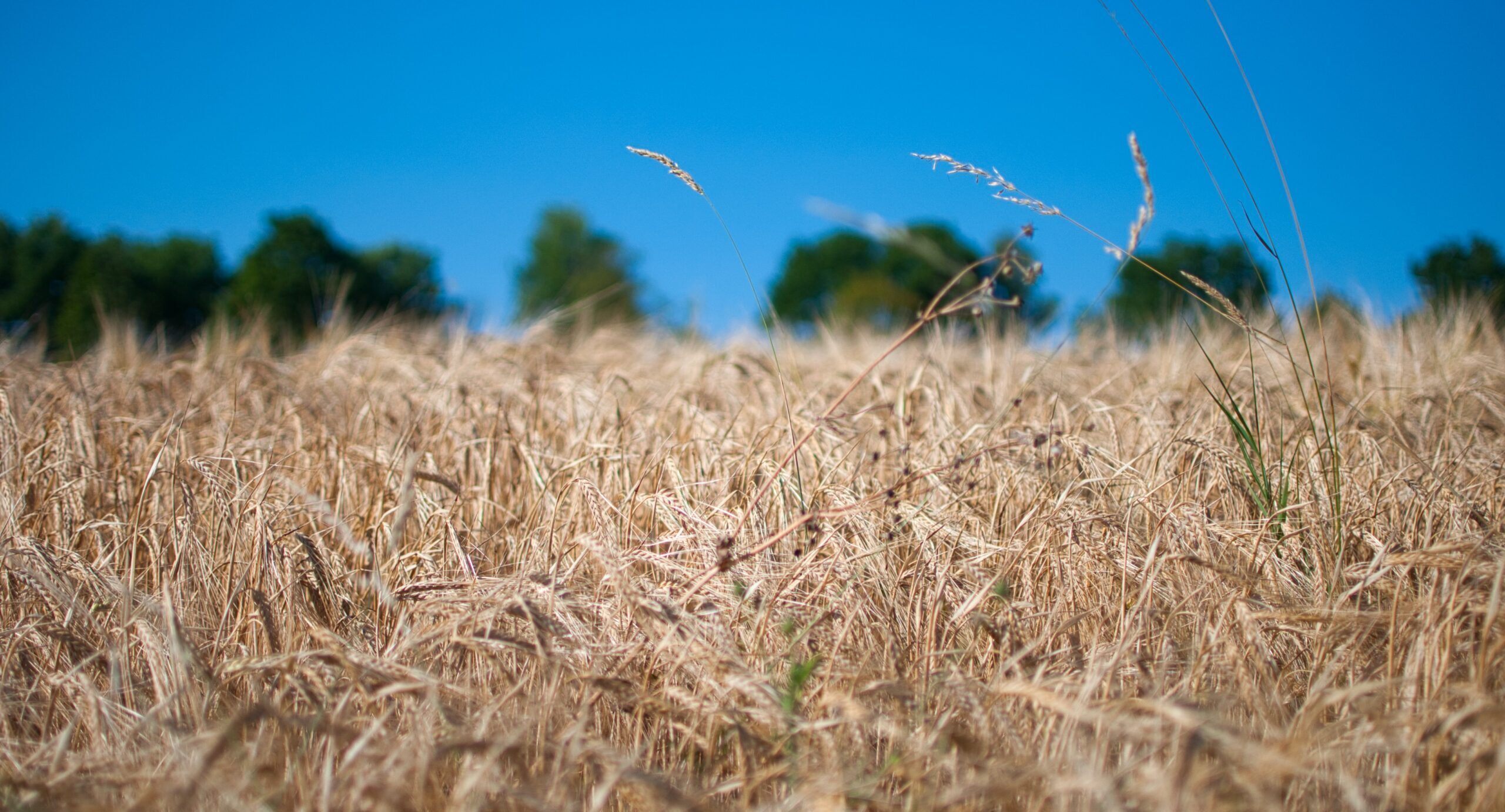
Record temperatures in May in the UK led to the publishing of the World Meteorological Organisation (WMO) ‘s report stating the world is now likely to exceed the 1.5 degrees warming threshold in at least one year between 2023 and 2027. This was harrowing news to wake up to and shows the impact Anthropogenic (that is, human) induced climate change already has on weather systems, pushing global temperatures into uncharted territory. Living in the UK, we are privileged to have not felt the effects of climate change as badly already as other communities, but that doesn’t mean we can ignore the crisis affecting others. Furthermore, the effects of climate change are now affecting everyone, not just the most vulnerable global majority.
In the UK
We have seen the effect this has on our crops, food accessibility, and the rising prices of food. Human-induced climate change is altering weather patterns in the UK already — like the heatwaves we’ve had this May and the blazing summer just last year. The ONS has published research that shows the 2013-22 decade has seen a 25% increase in the annual average number of summer days and a 16% decrease in icing days (that is, where air temperature does not go above freezing) in comparison to the 1991-2020 average. We are now going to see more frequent and intense extreme events, like heatwaves, droughts and floods—the February and April heatwaves are just one example of how we see these effects in our day-to-day life.
Impacts on the Environment
These events disrupt agricultural systems and increase the likelihood of crop failure, including tree growth. Warmer temperatures and altered precipitation patterns affect crop growth and, thus, yield potential—through increased water stress for crops, these prolonged heatwaves damage plant health. Furthermore, changes in rainfall patterns disrupt planting and harvesting schedules, leaving plants with water scarcity in critical stages of their growth, thus depleting and decreasing quality and quantity. When the rain finally does occur, flash floods destroy crops and do not penetrate the soil fully, causing excess rainwater runoff. This runoff causes soil erosion and carries pollution into water systems and surrounding areas. Just last month, we saw flash flooding in Devon damage hundreds of homes—showing the climate crisis is no longer a distant concern for the future but a pressing reality already affecting the United Kingdom.
Thus, prices rise
When crop failures become more frequent, the pressures on the agricultural industry intensify, and prices of staple foods like wheat, corn and vegetables rise accordingly—when supplies dwindle or decrease, availability decreases; demand remains constant or increases, and prices increase. For example, farmers face increased costs for irrigation, pest control and replanting; additional expenses can also further the impact of agricultural products as farmers attempt to cover costs and maintain profits. This significantly impacts the cost of living, which is particularly pertinent to pay attention to, given the UK’s current cost of living crisis.
Climate-caused decline in crop yields is driving inflation, amongst other things, and soon there will be difficulty accessing rice, chocolate, coffee and beans. Our economic models of climate change may have substantially underestimated the costs of continued warming, given that food represents a significant component of household expenditure. The rising food prices contribute to overall inflation, putting upward pressure on prices in the broader economy and disproportionately affecting vulnerable populations, exacerbating food insecurity, poverty and inequality.
What can we do?
Whilst this impact on crop yields and inflation are significant concerns, there are proactive measures and sustainable solutions to mitigate the challenges. Of course, our number one priority should be reducing our carbon emissions and putting pressure on businesses and governments to enact systemic changes. As individuals, we hold the power to make a change.
Community farming and increasing our green spaces should be a priority, and something individuals can organise without relying on major businesses or governments to make decisions. By embracing sustainable solutions alongside policy changes, we can effectively mitigate the challenges.
Growing our own vegetables through community food-growing networks can be a sustainable and cost-effective solution to reduce our reliance on imported food. Localising our communities to be more self-sufficient within smaller economies and social groups can reduce our dependence on huge super-chains to meet our needs. Tomatoes, peppers and cucumbers were some of the goods affected by extreme weather in Spain and the North in February, yet, as Tim Lang puts it, it is ‘absurd’ to rely on fresh produce grown more than 1000 miles away. For example, the Gaskell Garden Project is a permaculture project based in Manchester that organises surplus food and community gardening. Similar projects include Incredible Edible, showing anyone can garden and eat from their backyard.
Similarly, more efficient resource use is something anyone can do, namely, rainwater harvesting, composting at home or even a wormery. Behaviour change starts with our own actions, and the government can support us through policies and practices.
- SEO Powered Content & PR Distribution. Get Amplified Today.
- PlatoAiStream. Web3 Data Intelligence. Knowledge Amplified. Access Here.
- Minting the Future w Adryenn Ashley. Access Here.
- Buy and Sell Shares in PRE-IPO Companies with PREIPO®. Access Here.
- Source: https://carbonliteracy.com/food-poverty-and-the-climate-crisis/?utm_source=rss&utm_medium=rss&utm_campaign=food-poverty-and-the-climate-crisis



